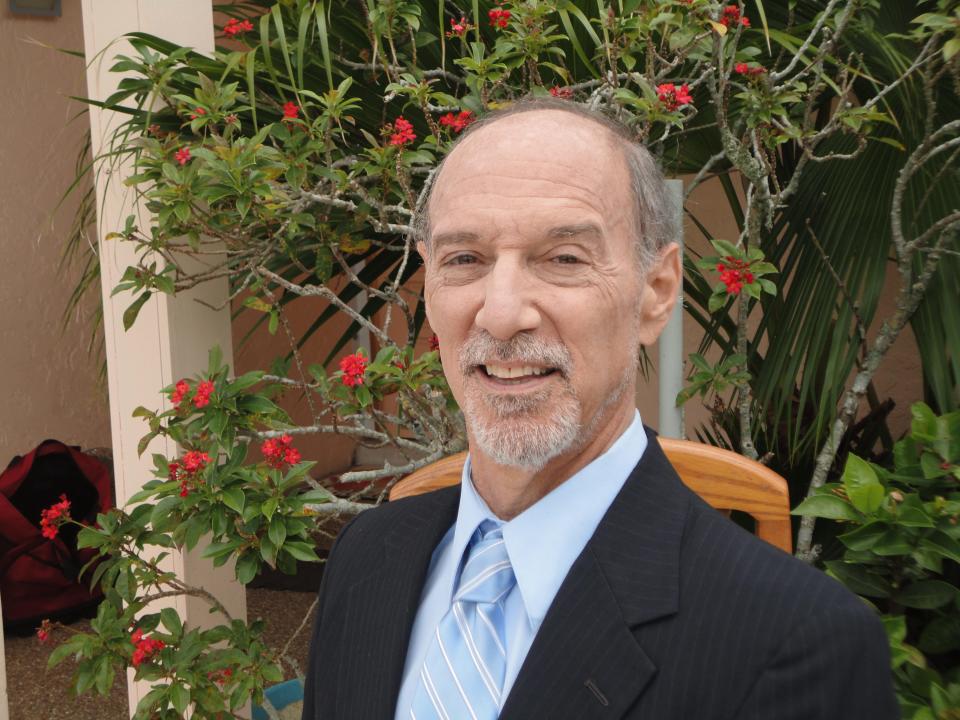How to save civilization

The people of the Bulletin of the Atomic Scientists, currently advised by 11 Nobel Laureates, have set the Doomsday Clock to 100 seconds to midnight. The causes for this dire warning to the world are legion, such as nuclear war, terrorism, and climate change, to name only three. You might notice that these major threats involve scientific inventions—nuclear physics, armaments, and industrial development.
Little wonder that people are suspicious of science, because despite their life-improving discoveries, such as vaccines that ward off deadly diseases and other medical advancements that improve and lengthen human life, scientific “advancements” have unintended consequences that push back against the development of a more peaceful and prosperous world for ever more human beings.
Furthermore, scientists contribute to the formation of a highly differentiated society with more and more specialized experts who find it difficult to communicate with each other across myriad disciplines. Therefore, the engineer, attorney, social studies teacher, and the everyday individual cannot understand one another, which in turn makes it difficult to understand and solve problems, such as the unintended consequences of the scientists’ inventions.
There is a supreme irony in this scenario. For while the scientists are the people who have accomplished more to change the world in the past 500 years than people in any other type of occupation, they are possibly the people who, as a result of their specialized training, are least qualified to mitigate the problems they have accidentally created.

The people who perhaps are in the best position to make headway in reducing our most pressing challenges are the social scientists. This is because their disciplines intersect more with all the other disciplines than any other occupational specialists. However, another irony occurs: While social scientists can reach across specialized disciplines in order to pull together the complex knowledge required to ameliorate our seemingly intractable problems, they are not able to do so.
In addition, since social scientists have not made the same impact on civilization as have biophysical scientists, their suggestions for how to solve the unintended consequences created by scientists are generally not heeded because they are not respected. In order to increase their prestige, therefore, the social scientists have copied the model of increasing specialization of the physical scientists, resulting in the situation in which not even social scientists can understand each other. This means that social scientists are perhaps now less in a position to solve our problems than they were in the days of their founding 200 years ago.
To pull our civilization away from the precipice of disaster, people in all kinds of disciplines, from the novelist, the sociologist, and physicist to the engineer, attorney, medical doctor, along with others, will need to convene in a room, define the social problems they wish to mitigate, teach each other enough of all the disciplines so that they can effectively communicate, and envision their solutions. I suggest that the novelists write down the solutions, and the attorneys proclaim them throughout the land.
This article originally appeared on Palm Beach Post: With Doomsday Clock ticking, only blend of sciences can save us

